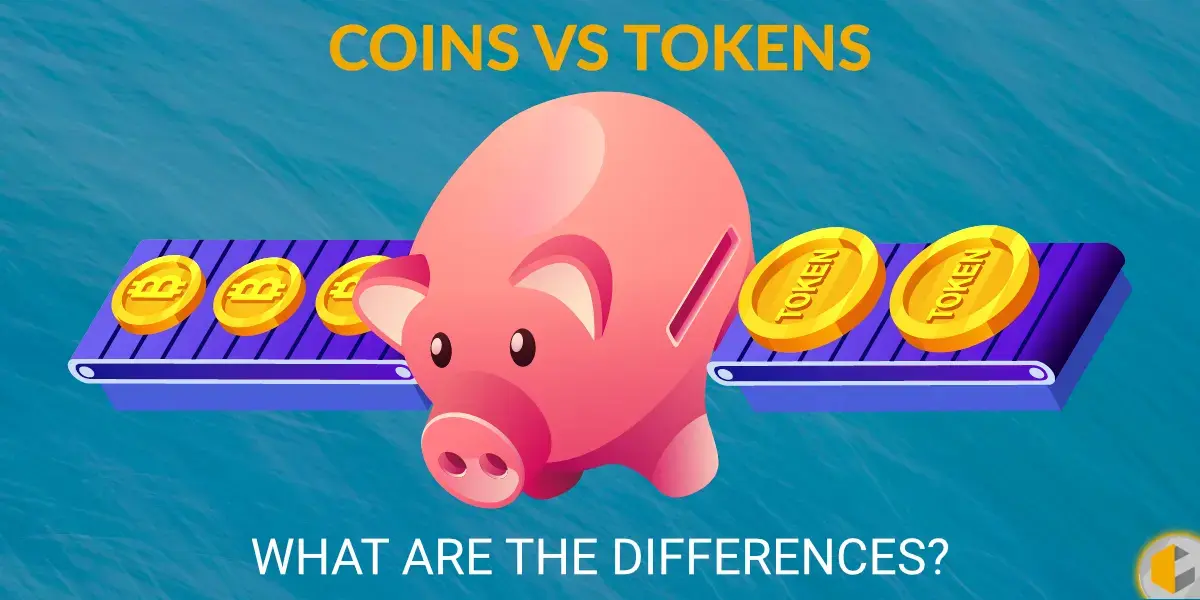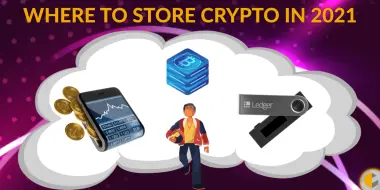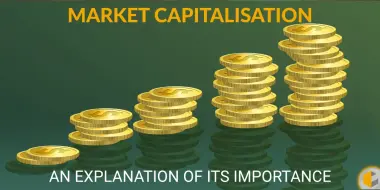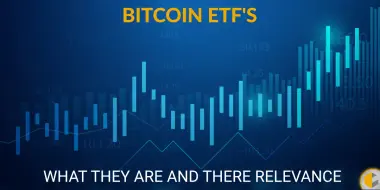
There is an immense amount of jargon used in the cryptocurrency space, and this can make it difficult for both beginners and even long-time investors to gain a proper understanding of all the terms that are commonly thrown around. Tokens and coins are what people are referring to when they say “Cryptocurrency”, and these two separate entities are usually lumped together without an in-depth understanding of the nuances that make up the differences. This lumping together can create confusion, and so in this article, I will explain the specific differences between a coin and a token, and what makes these differences so crucial.
Definitions
A cryptocurrency coin is the primary term used to describe any form of cryptocurrency that is backed by a separate blockchain. An example of a high profile coin is of course Bitcoin which was the first cryptocurrency as well as the first blockchain.
A digital token is a cryptocurrency that functions on top of a blockchain that already exists. Tokens are usually geared to functionality rather than just being a mode of digital currency. An example of a high profile token is XRP which is a token of Ripple. Ripple is not its blockchain and can therefore not be regarded as a coin and it is, therefore, incorrect to refer to it as a cryptocurrency coin.
Muddling Usage
Although these definitions seem relatively clear in theory, the boundaries between these two aren’t always so concise. With the technology ever expanding and the usage of terms evolving, there can sometimes be an overlap in the usage of these two terms. Both of these items are used to transfer value, and this is where lines become blurred. In practical terms, there can sometimes be little difference between the two. The usage of cryptocurrency coins can go beyond simple payments; a primary example of this is their potential to be used as masternodes which are capable of performing many different tasks.
Transferring from Token to Coin
It is possible to move from a coin to a token, and there are quite a few companies that have chosen to take this path. The majority of cryptocurrency projects in the market as of the time of writing have started out as tokens. This leaning to tokens rather than coins is due to the requirement of funds. Creating a blockchain is expensive and can require significant infrastructure; many development teams will not have these resources readily available. They will offer tokens at inception to garner funds and interest in their future blockchain project. It is considerably less intensive to distribute tokens on an existing blockchain while a company is still in the development phase. This makes the investment phase far more efficient, and means the company can be in a good position to conduct a “coin swap” when they are ready to implement their blockchain. A coin swap involves investors trading their tokens for the new coins that are on the newly created blockchain.
Conclusion
Tokens and coins are both essential parts of cryptocurrency. There are no strict definitions for the two; however, it is crucial to have a basic understanding of how they do differ and which type of projects suit which type of cryptocurrency. The nuance of language in the cryptocurrency world is always evolving, and it is therefore essential to have a clear understanding of what different terms mean. Usually, a coin is more oriented towards being a currency whereas a token is oriented towards providing innovative functionality.
Editor-in Chief
Related Posts






Subscribe to our newsletter!
Information




